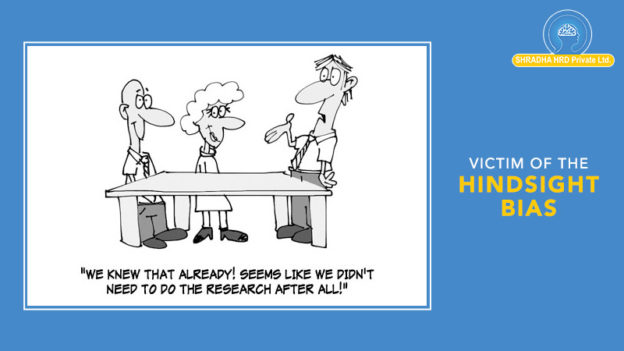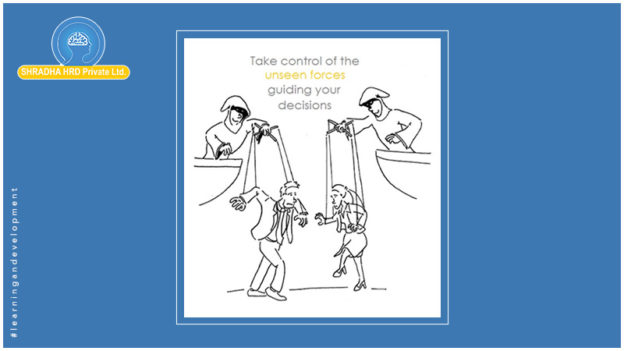
Hindsight is always 20-20. Are you often left with the feeling: “I had predicted this outcome, I wish the others had listened to me”. You might be a victim of the #hindsightbias.
If we look at the cause of the 2008 crash, several analysts will now say “the reasons were obvious“(in hindsight). However, very few people actually predicted the crash.
Experts claim today that the world was ripe for a #pandemic, given the way we live. NO one that I know of really thought anything like this was likely.
If someone unlikely cleared a set of competitive exams or didn’t clear them; there will be a host of people that will stake claim to the #prediction:
1. “I always knew he would make it” or
2. “I knew he was a loser”
depending on which way the final outcome went.
This is dangerous. You feel you are a better predictor than you actually are. That can #distortdecision making.
How do we avoid the #hindsightbias?
Keep a diary. Write down which way you feel things are likely to go. Then compare it to the actual outcome!!!!!

